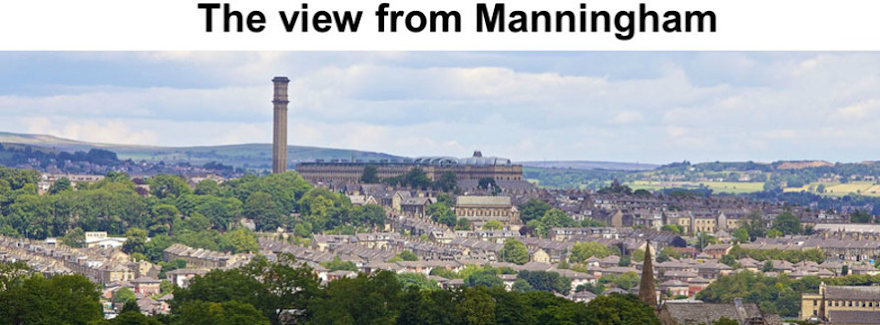On
Wednesday 18th March 2015, George Osborne presented his sixth budget
which was very different from his first, but clearly implied he did not mean it
to be his last.
In
2010, he inherited an economy in recession, burdened by a massive national debt
and all he could offer was austerity and public sector cuts to reduce the debt.
Now
the economy is growing at 2.5% per year, more people are in work than ever,
inflation is at 0.2% and living standards are starting to increase and how will
this influence the election in May?
The
polls show Labour and the Conservatives too close for comfort and the
temptation to produce a give-away budget must have been strong.
Osborne had to resist it and play the prudence card so he could warn us against risking losing the gains of the last five years by putting Labour back in office.
The economy gave him some help.
Osborne had to resist it and play the prudence card so he could warn us against risking losing the gains of the last five years by putting Labour back in office.
The economy gave him some help.
In
2010 he pledged that the national debt would fall as a percentage of GDP by
2015-16.
Very
low inflation and interest costs have cut public spending; enabling him to
announce that his pledge has been met.
He
will also sell off Northern Rock’s £13 billion mortgage book and £9 billion of
the nation’s stake in Lloyds now the bank is back in profit, he expects the
deficit to be eliminated by 2019 and public spending to be increased in line
with the rate of inflation.
That
said there were some interesting measures to encourage voters to keep him in
his job.
- The personal tax allowance will rise to £10,600 this year and £11,000 by 2017.
- The minimum wage will be increased to £6.70 an hour and Class 2 National Insurance contributions for the self-employed abolished.
- Farmers will be allowed to average out their income over five years for tax purposes.
- Drivers will benefit from a continued freeze on petrol tax and drinkers from another cut in duties on beer, cider and whisky.
- First time home buyers are offered help with a new ISA topped up 25% by the Exchequer.
- From next April 2016, the first £1000 of the interest on personal savings will be tax free. A new Diverted Profits tax will catch the multi-nationals moving their profits to offshore subsidiaries.
There
were no congratulations from the Opposition, Ed Miliband saw a gap between
Osborne’s rhetoric and the reality of people’s lives.
- He claimed they were all £1,600 worse off, student fees had been trebled and fewer homes were built.
- He argued that the minimum wage should have been raised to £7 per hour and the poor were suffering from the ‘bedroom tax’ and other benefit cuts.
- He attacked the Chancellor for the absence of any mention of the NHS in his budget or measures to remove zero hour’s contracts.
Now
it is up to us voters to decide on Thursday 7th May.
Has
Mr Osborne really turned the economy around or are we still worse off?
Will
we soldier on until the budget deficit is paid off or do we want more public
spending now?
Come
the morning of Friday 8th May, hopefully we will know the answer.


